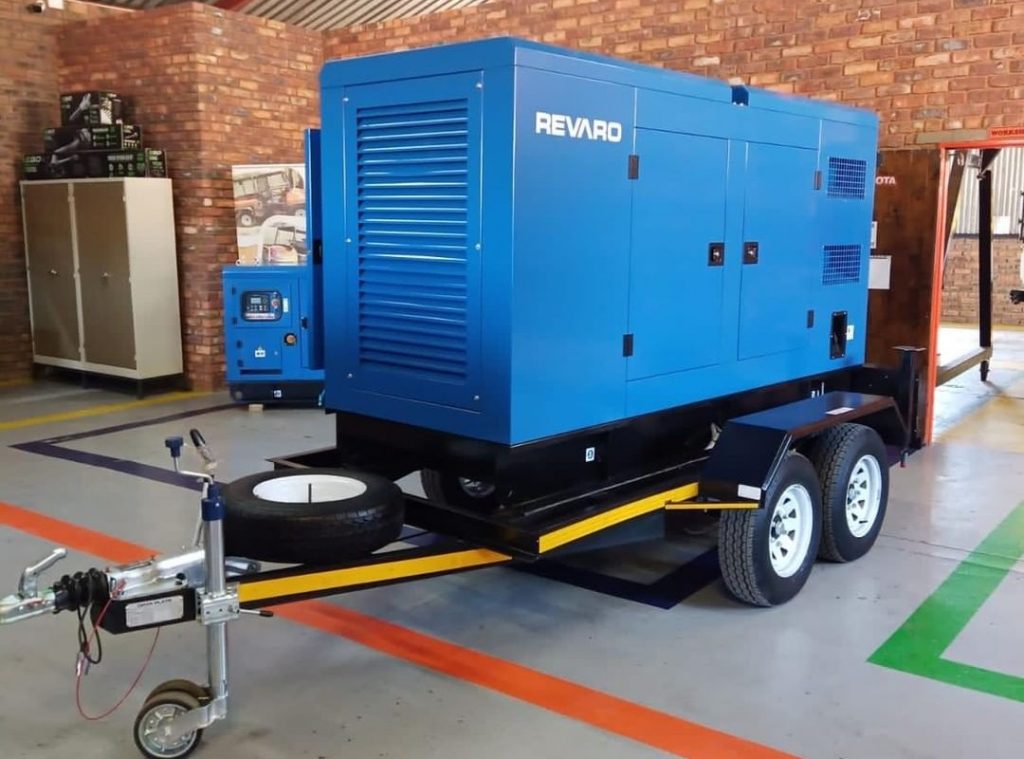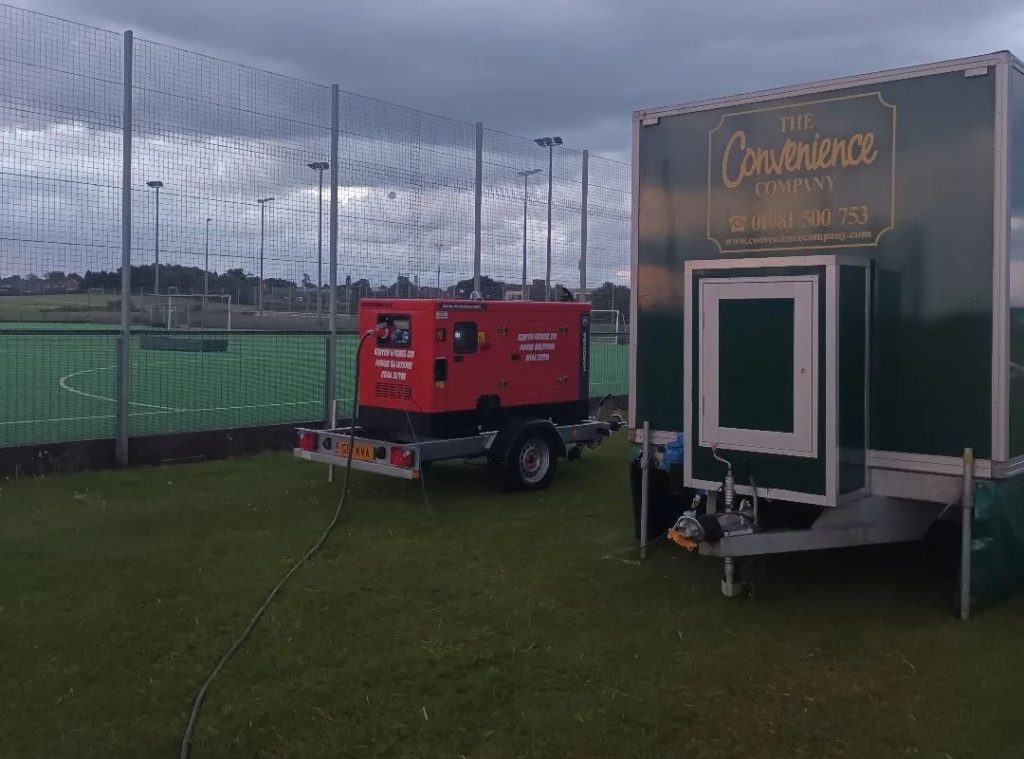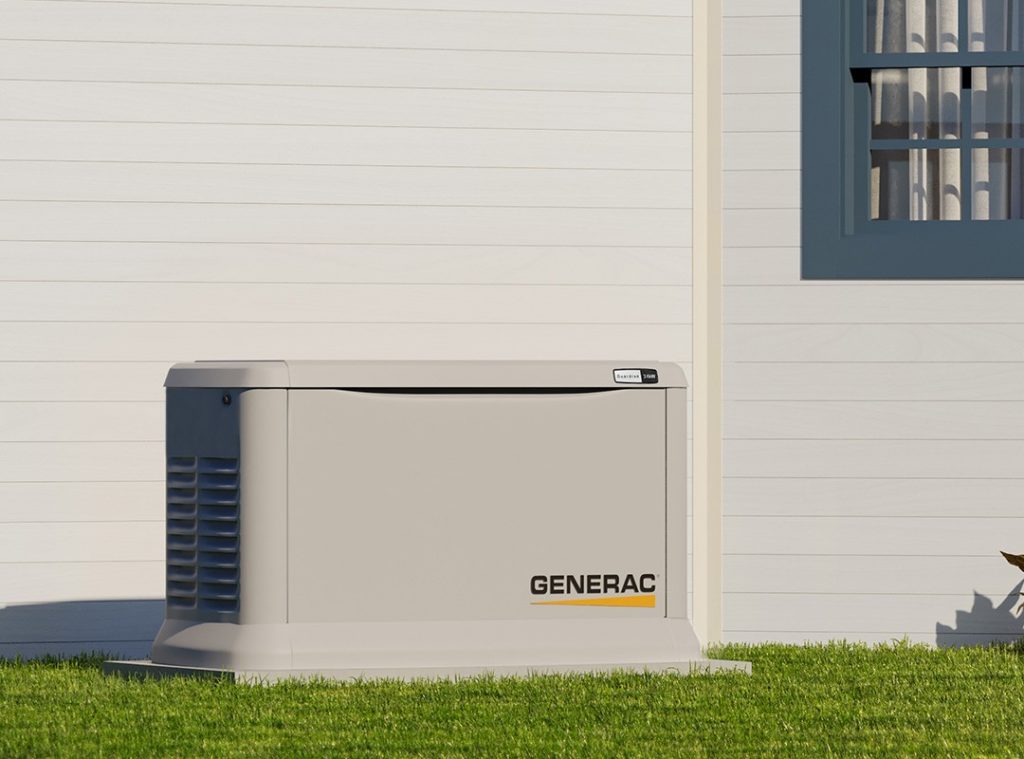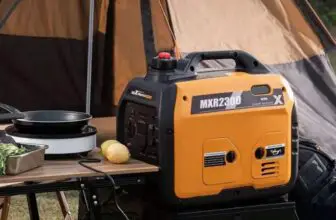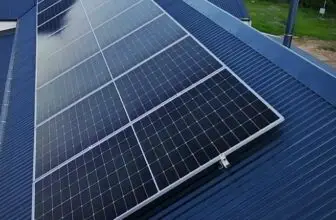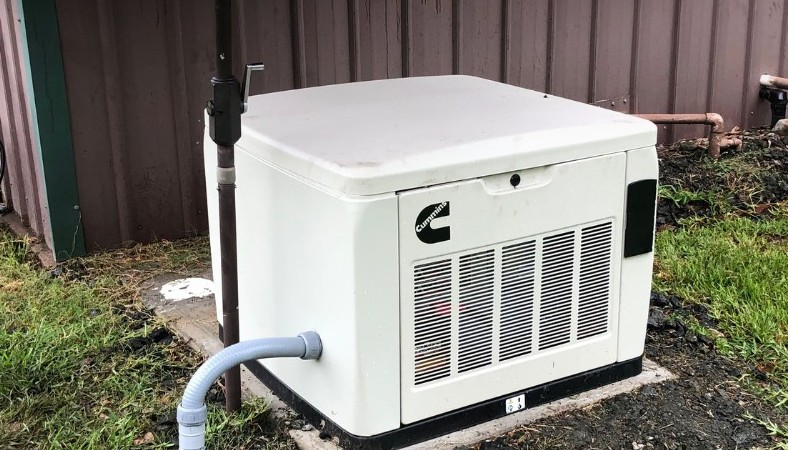
The generator is a good friend and helper for residents of private homes. If you have a power outage, with the help of a generator you will not sit without light.
In order not to sit without electricity, it is worth installing a generator near the house and winding it up for the duration of the power outage.
But how and where to put it? How to comply with all the requirements of the Regulations, so as not to get into future problems and short circuits? It’s not complicated if you understand it in order.
What Do You Need a Generator For?
Contents
The main purpose of an electric generator is to convert mechanical energy into electrical energy. At the heart of the unit is an engine that runs on almost any fuel, depending on the model of the generator. Usually, gasoline, diesel fuel, or gas is used. When the fuel burns, a gaseous mixture is formed, which drives the piston.
Precautions
If you are using a gasoline generator, there are some precautions you should take in order to ensure your safety.
First, always make sure the generator is properly ventilated to avoid carbon monoxide poisoning. Even if the generator is located outdoors, you must position it with the wind direction in mind so that carbon monoxide does not fly on your house or the neighbors’ house.
Second, keep the generator dry and free of any flammable liquids to prevent fires. If you accidentally spill fuel on it, wipe it off immediately, and do not run the generator until it is dry. The room should be ventilated.
Don’t neglect to ground. This will help prevent electric shock and damage to the generator. Also, use personal protective equipment.
Finally, always consult the owner’s manual for proper operation and maintenance.
How Do I Use the Generator?
If your home is unplugged, do the following:
- Start the generator and let it warm up: a few minutes in summer and 10 minutes in winter.
- Turn the breaker from the “mains” position to the “generator” position.
- After that you can quietly use your home appliances, occasionally glancing at the control light in the panelboard, which will show the voltage in the network again.
Pros and Cons of Placing a Generator Outside
Here are some pros and cons to help you make your decision:
PROS:
- Placing the generator outside is safer for your health because the noise from it will be at a distance.
- Placing your generator outside will allow you to keep it away from your home, which can help prevent carbon monoxide poisoning.
- If you live in a rural area, placing your generator outside will help to keep noise levels down.
CONS:
- If you live in an area with extreme weather conditions, placing your generator outside could put it at risk of being damaged by high winds or flooding.
- You will need to take extra precautions to ensure that your generator is properly secured, as it could be stolen if left unsecured.
- Placing your generator outside will require you to run extension cords to your home, which can be a safety hazard.
Ultimately, the decision of whether or not to place your generator outside is up to you. Weigh the pros and cons to see what makes the most sense for your situation.
How Far Should Generator Be From House
The generator, inside which the internal combustion engine works, constantly smokes exhaust gases, among which the most dangerous is the deadly colorless and odorless gas – carbon monoxide (CO).
Just set it indoors can not, even if it is well and constantly ventilated – only outdoors. Most manufacturers prohibit this installation. We also do not recommend placing the generator indoors.
To install it the room must be equipped with a special chimney that is connected to a pipe with exhaust gases and constantly monitors whether there is a gas leak. Automatic analyzers of gas impurities in the air environment can be used for monitoring.
But we recommend installing the generator outside. The distance from the generator to the house at which you want to place the generator depends on a few factors, including the size of your generator and the noise level it emits.
If you have a small generator, it can be stored close to your home. However, if you have a larger generator, it should be kept at least 20 feet away from your house. This will help to reduce the noise level and the risk of carbon monoxide poisoning.
It is also important to make sure that your generator is properly ventilated. This will help to prevent a fire from starting. If you have any questions about how to properly vent your generator, you should consult the owner’s manual.
Frequently Asked Questions
Answers to Questions
How far should a generator be from a window?
Most generators come with information on how far they should be from a window. This is important because if the generator is too close to the window, the fumes can come into the house and be dangerous. The general rule is to keep the generator at least 20 feet away from any window, but it is best to check the specific instructions that came with your generator.
How much clearance does a generator need?
If you have a portable generator, you will need to have at least 3 feet of clearance on all sides. If you have a standby generator, you will need at least 5 feet of clearance on all sides.
How big of a pad do I need for a Generac generator?
In general, it is a good idea to have a pad that is at least 2 feet by 4 feet for a generator. This will give you enough space for portable generator placement and keep it away from your home. It is also a good idea to have a pad that is elevated off the ground. This will help to keep your generator dry and will also help to keep it from rusting.
Conclusion
A generator is a very useful tool, but its use requires a special approach. One such knowledge is the location of the generator. You can’t just plug in a generator to the house and use it – it’s life-threatening.
Therefore, it is necessary to place it properly, taking into account the characteristics of the generator and the location of objects in the vicinity. I hope this article has answered all your questions.

